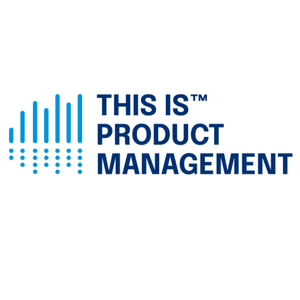
America's Solar Trade War Escalates
09/25/17 • 34 min
Previous Episode

Microgrids, Hurricanes and Resiliency
We're having a bit of a moment for "resiliency" in the U.S. Hurricanes Harvey and Irma have forced a conversation about climate resiliency for coastal communities. Meanwhile, the Energy Department has made grid reliability and resiliency central to its mission. This brings us to an important resiliency tool: microgrids. Microgrids became a major part of resiliency plans in New York, New Jersey, Connecticut and Massachusetts after Hurricane Sandy in 2012. We’ll look at how that’s influencing the conversation today in the wake of Harvey and Irma. We'll also get a snapshot of how microgrids in Texas fared during the storm. This week, GTM Grid Analyst Colleen Metelitsa joins us to talk about microgrid applications, the limits of certain technologies, and where they fit into the resiliency picture. See Privacy Policy at https://art19.com/privacy and California Privacy Notice at https://art19.com/privacy#do-not-sell-my-info.
Next Episode

The Utility-Startup Paradox
There’s a paradox in energy. While new technologies are accelerating faster than ever, the adoption of those technologies by incumbents remains slow. This presents a captivity problem for startups, particularly in electricity. They need incumbent utilities to reach customers and integrate new technologies at the grid edge –- but this reliance significantly slows progress, creates tension, and potentially destroys their chances of success. Will the situation ever change? Or is it just the reality that startups (and their investors) need to accept? And what about utilities? What is at the root of their hesitancy to quickly adopt new technologies? In this week’s show, we talk with GTM Senior Manager Nick Rinaldi about a new in-house survey that addresses all those questions. Read the survey: http://bit.ly/2wkooRU See Privacy Policy at https://art19.com/privacy and California Privacy Notice at https://art19.com/privacy#do-not-sell-my-info.
If you like this episode you’ll love
Episode Comments
Generate a badge
Get a badge for your website that links back to this episode
<a href="https://goodpods.com/podcasts/interchange-recharged-35625/americas-solar-trade-war-escalates-1345238"> <img src="https://storage.googleapis.com/goodpods-images-bucket/badges/generic-badge-1.svg" alt="listen to america's solar trade war escalates on goodpods" style="width: 225px" /> </a>
Copy




